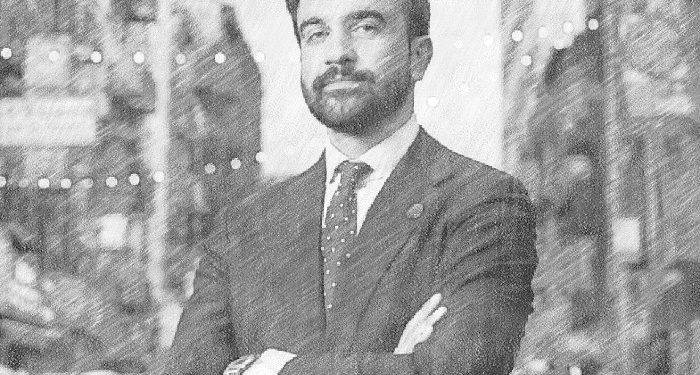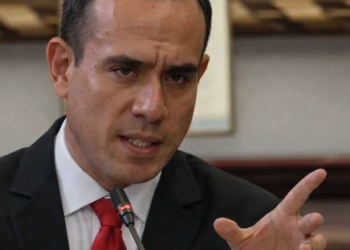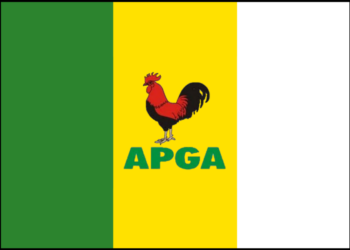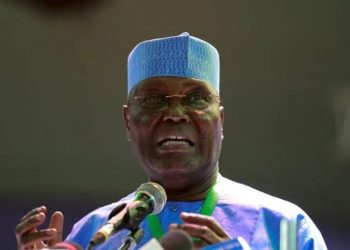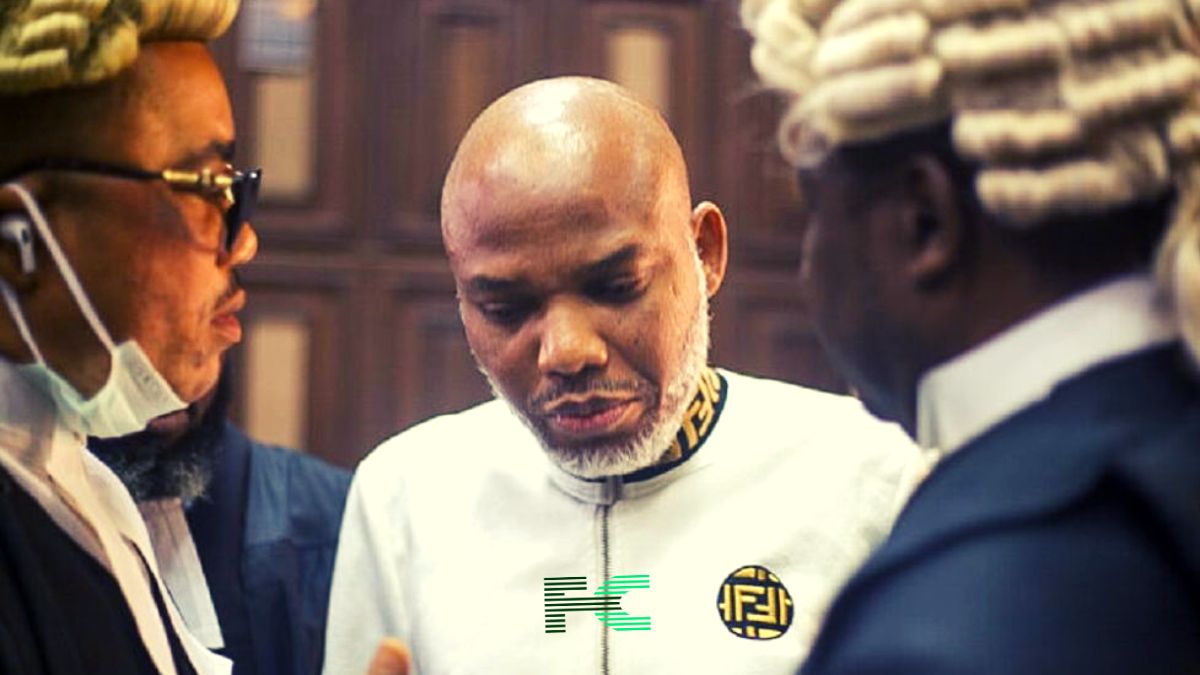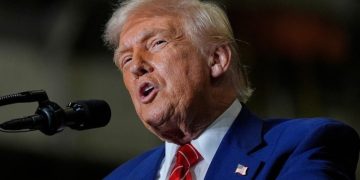Zohran Mamdani’s shock win has left many in New York wondering if the city is slowly slipping into something deeper. Not just politics. Not just progressivism. But religion. And not just any religion, Islam, in its most political form. Could this be the beginning of Jihad and Sharia taking over New York?
It may sound extreme, but when you piece the events together, from protests in Brooklyn to patrols in Queens—this isn’t just about a single politician. It’s about how identity, power, and religion now mix freely in America’s most liberal city. And Mamdani? He’s become the new face of that shift.
Jihad And Sharia ‘Takes’ Over?
In Germany, the government recently banned the Islamic Center Hamburg for promoting “Islamist-extremist, totalitarian ideology.” Officials said the group had ties to Iran and Hezbollah, and accused them of acting against the country’s constitution. The group wasn’t just religious, it was political, and it was powerful. Too powerful.
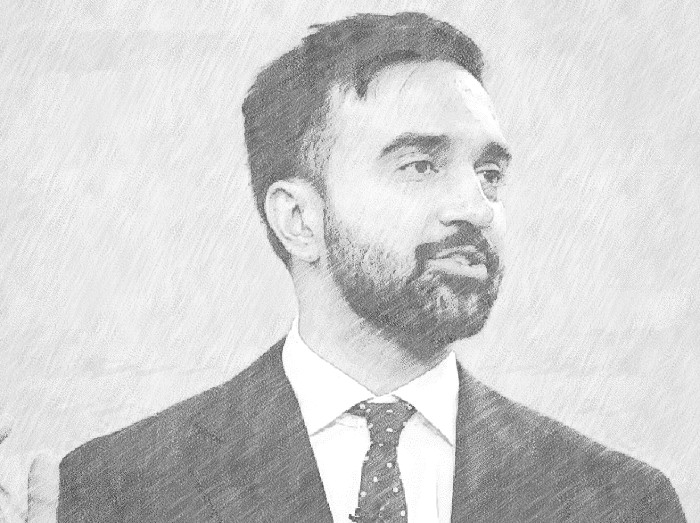
In the UK, Muslim influence has also grown. Reports of Muslim patrol groups, sharia-compliant pension campaigns, and quiet efforts to shape foreign policy from within have raised questions about how deeply religion should sit inside government. It’s no longer just about freedom of religion, it’s about control.
Now, look at New York. Zohran Mamdani won big. He’s a state lawmaker who campaigned in mosques, broke Ramadan fast on public transport, and often presents himself as both politician and Muslim advocate. His critics say his politics and religion are too closely tied. His supporters say that’s what makes him authentic.
Donald Trump didn’t hold back. He called Mamdani “a 100% Communist Lunatic” and slammed Democrats for backing him. “We’ve had Radical Lefties before, but this is getting ridiculous,” Trump wrote on Truth Social. “Even our Great Palestinian Senator, Cryin’ Chuck Schumer, is groveling over him.”
Jewish Communities Worry
In Brooklyn and Manhattan, some Jewish residents say they’re beginning to feel uneasy. Anti-Israel protests have become more aggressive. Jewish college students report being targeted. Synagogues have stepped up security. The tension between pro-Palestinian groups and Jewish communities is growing. Mamdani hasn’t publicly called for violence—but his alignment with pro-Palestinian voices raises eyebrows.
“If this is the direction New York is going, then we have a bigger problem,” one Orthodox Jewish man said after a protest broke out near his synagogue last month. “This isn’t just disagreement. This feels like hostility.”
And Mamdani’s win only deepens that fear. To some, it signals that the tide is changing and not in their favor.
Is Mamdani Leading or Representing a Movement?
Billionaires also chimed in. Dan Loeb posted, “It’s officially hot commie summer,” mocking Mamdani’s win. Elon Musk laughed off Mamdani’s “queer liberation means defund the police” tweet, saying “you can just say things.” Even Governor Kathy Hochul got dragged, called “a clueless buffoon” by Mamdani’s opponents after she tweeted praise for his campaign.
It’s clear, this win wasn’t just about local politics. It’s become national. Possibly global.
But Mamdani hasn’t called for sharia law in New York. He’s not opening Islamic courts. His platform includes rent control, free buses, and better public services. Yet the way his religion blends into his politics is new for many Americans.
And that’s the part that worries them.
Muslim Patrols, Quiet Influence, Real Power
A few years ago, reports came out about “Muslim patrols” in New York neighborhoods. These weren’t official police—but they dressed like them, spoke for their communities, and claimed to deter drugs and violence. Some saw them as helpful. Others saw them as the beginning of religious policing.
Now imagine one of their own, openly Muslim, openly political—holding real legislative power.
What happens if this quiet religious influence turns into actual policy changes? What if judges, commissioners, and department heads start following religious values over state laws? Is that too far-fetched? Germany didn’t think so. That’s why they cracked down. The UK has started pushing back too.
Could New York become the next cautionary tale?
This Isn’t Islamophobia. It’s a Question of Power.
This isn’t about fear of Islam. Islam has been in New York for decades. Muslims live, work, and worship in peace.
But this is about something else: the fine line between representation and revolution. Mamdani may be a good leader, a fair lawmaker, and a peaceful man. But what he represents is what unsettles people.
The fear isn’t what he’s done. It’s what could follow. When faith becomes power, and power becomes law—where do we draw the line?
Trump’s fire, Loeb’s sarcasm, Musk’s mockery—these are symptoms of a deeper fear: that the system might already be slipping.
Jihad And Sharia ‘Takes’ Over New York?
Is it happening now? Not exactly.
But the signs are flashing. Bans in Germany. Tensions in the UK. Protests in Brooklyn. Jewish fears rising. Muslim voices growing. Billionaires reacting. And a city that just handed power to a man who blends faith with politics unapologetically.
Jihad and Sharia may not have officially taken over New York. But to many watching from the outside—and even some from within—it sure feels like the doors are being opened. And once they are, they’re hard to close.

